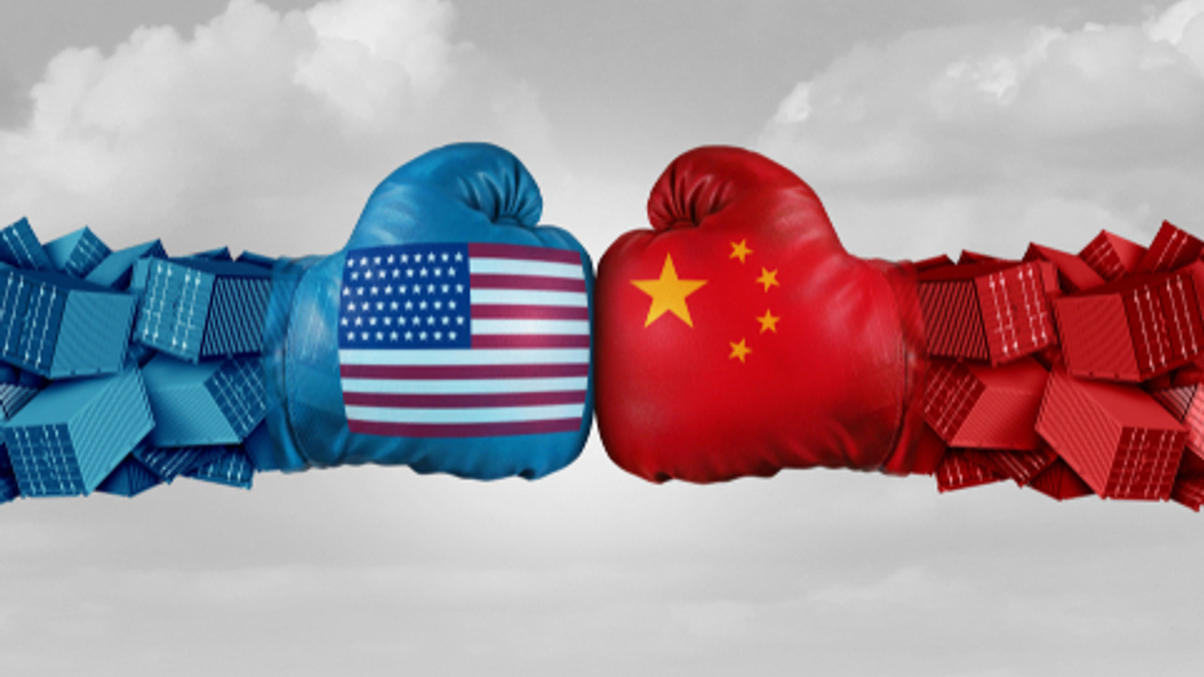Year of the Pig outlook: Will the US-China trade war intensify?
AsianInvestor presents a set of financial and economic predictions for the Year of the Pig. Today, we explain why a sustained US-China trade armistice won't happen any time soon.

At the beginning of every Chinese New Year, AsianInvestor makes 10 predictions about economic, political and financial developments that are likely to have an impact on the way institutional investors assign their money.
Sign in to read on!
Registered users get 2 free articles in 30 days.
Subscribers have full unlimited access to AsianInvestor
Not signed up? New users get 2 free articles per month, plus a 7-day unlimited free trial.
¬ Haymarket Media Limited. All rights reserved.


